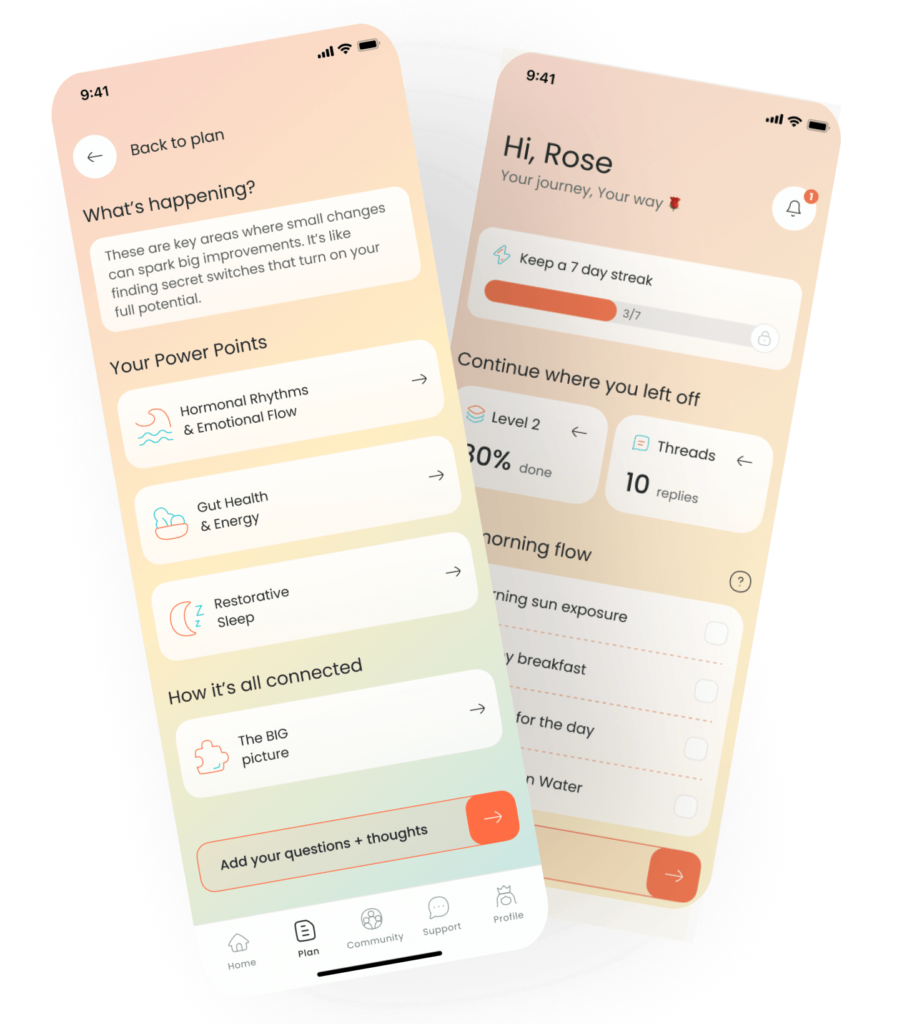For decades, birth control pills have revolutionized women’s autonomy and reproductive health, offering control over fertility and relief from conditions like PCOS, endometriosis, and irregular periods. Yet, over time, these pills have shifted from targeted medical solutions to catch-all remedies for nearly every health issue women face. From acne to mood swings, painful periods to fatigue, birth control has become a default prescription—but at what cost?
A Pill for Every Problem?
Women worldwide share remarkably similar stories of their struggles with the healthcare system:
-
“My doctor said my painful periods were normal and prescribed birth control. But it didn’t solve the problem—it just masked it.”
-
“I’ve been battling irregular periods and mood swings, but my gynecologist didn’t investigate further before suggesting the pill.”
-
“I gained weight, experienced night sweats, and felt off. My doctor handed me birth control without exploring what was really wrong.”
These anecdotes highlight a troubling reality: complex health concerns are often met with simplified, one-size-fits-all solutions.
The Root of the Problem
1. Simplified Solutions in a Complex System
Hormonal birth control suppresses ovulation and stabilizes hormone levels, offering temporary relief for symptoms like acne or heavy bleeding. However, it doesn’t address the underlying causes of these symptoms, which can include:
-
Nutrient deficiencies
-
Chronic stress and high cortisol levels
-
Thyroid dysfunction
-
Poor lifestyle habits, such as inadequate sleep or hydration
2. Time-Pressed Consultations
In an overburdened healthcare system, prescribing birth control is a quick fix. Short consultations rarely allow the time needed to explore the complexities of women’s health issues.
3. Lack of Education on Alternatives
Many women aren’t informed about non-hormonal options or lifestyle changes that could improve their health. This leaves them with limited choices, often defaulting to the pill.
The Consequences of Overprescription
While birth control pills offer life-changing benefits for many, their overuse can lead to significant risks:
1. Masking Symptoms Without Treating Causes
The pill can delay the diagnosis of serious conditions like:
-
Polycystic Ovary Syndrome (PCOS)
-
Endometriosis
-
Autoimmune disorders
2. Long-Term Side Effects
Prolonged use of hormonal contraceptives has been associated with:
-
Increased risk of blood clots, especially in smokers and women over 35
-
Depletion of essential nutrients such as magnesium, zinc, and folate
-
Emotional side effects like mood swings, anxiety, and depression
3. Lack of Informed Consent
Women often report not being fully informed about the potential downsides of hormonal contraceptives.
-
“I started the pill at 16 without understanding the long-term effects. Now, I’m dealing with irregular cycles and hormonal acne after stopping it.”
Advocating for Better Care
1. Listen to Women
Healthcare providers must prioritize listening to women and validating their experiences. Women understand their bodies best and deserve to have their concerns taken seriously.
2. Comprehensive Diagnostics
Diagnosing hormonal imbalances requires more than a quick consultation. Testing for thyroid issues, nutrient levels, and other underlying causes is essential.
-
“When I stopped the pill, I discovered an undiagnosed thyroid problem that had been masked for years.”
3. Educate and Empower
Women should be educated on all available options, including:
-
Nutritional changes
-
Stress management
-
Non-hormonal treatments
4. Build Holistic Care Models
Healthcare systems must integrate modern medicine with holistic approaches like nutrition counseling, stress management, and alternative therapies.
Real Stories, Real Change
Many women have transformed their health by addressing root causes rather than relying solely on the pill:
-
“I stopped taking birth control after 10 years. When I treated my iron deficiency and improved my sleep, my chronic fatigue disappeared.”
-
“Dietary changes and acupuncture finally relieved my pain after years of masking symptoms with the pill.”
Breaking the Cycle
The widespread overprescription of birth control reflects a systemic issue in women’s healthcare. Women deserve solutions that go beyond treating symptoms to address the root cause of their health concerns.
At AURA, we’re committed to redefining women’s healthcare through personalized health assessments. By combining modern medicine, Ayurveda, and psychology, we empower women to understand their unique needs and reclaim control over their health.
Call to Action
If you’re tired of being told to “just take the pill,” it’s time to demand better answers. Explore AURA’s holistic health assessments and join the movement for personalized, root-cause-driven care. Your health deserves more than a band-aid solution.
FAQs
-
Why is birth control overprescribed?
Birth control is often prescribed as a quick fix in time-pressed consultations, masking symptoms without addressing root causes.
-
What are the risks of prolonged birth control use?
Long-term use can lead to nutrient depletion, emotional side effects, and an increased risk of blood clots.
-
Are there alternatives to hormonal birth control?
Yes, alternatives include dietary adjustments, stress management, non-hormonal contraceptives, and holistic therapies.
-
How can I advocate for better healthcare?
Request comprehensive testing, ask questions about non-hormonal options, and explore holistic care models.
-
Does birth control solve hormonal imbalances?
It temporarily stabilizes hormone levels but doesn’t address underlying causes like thyroid dysfunction or nutrient deficiencies.



